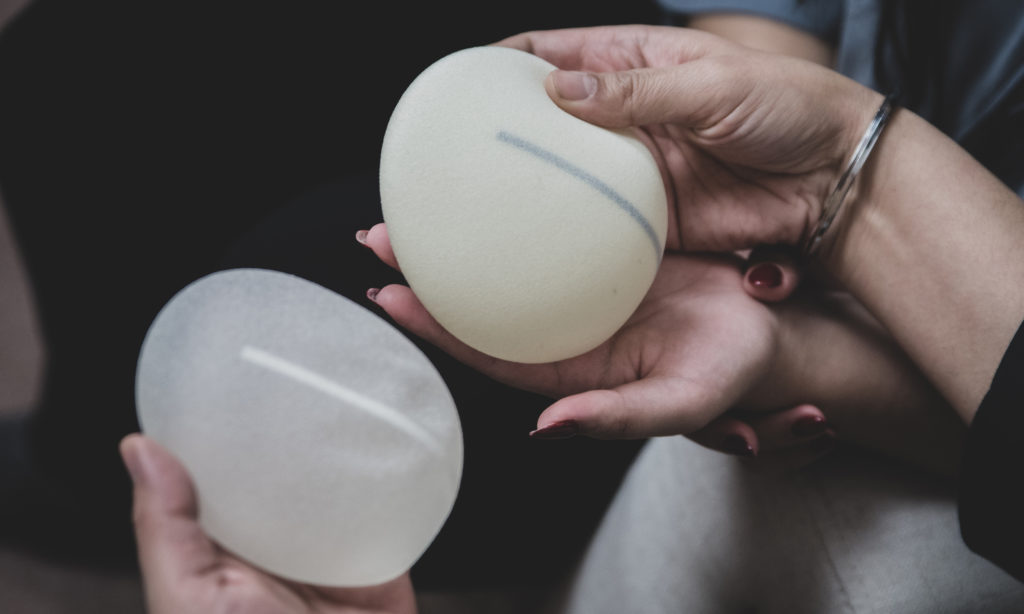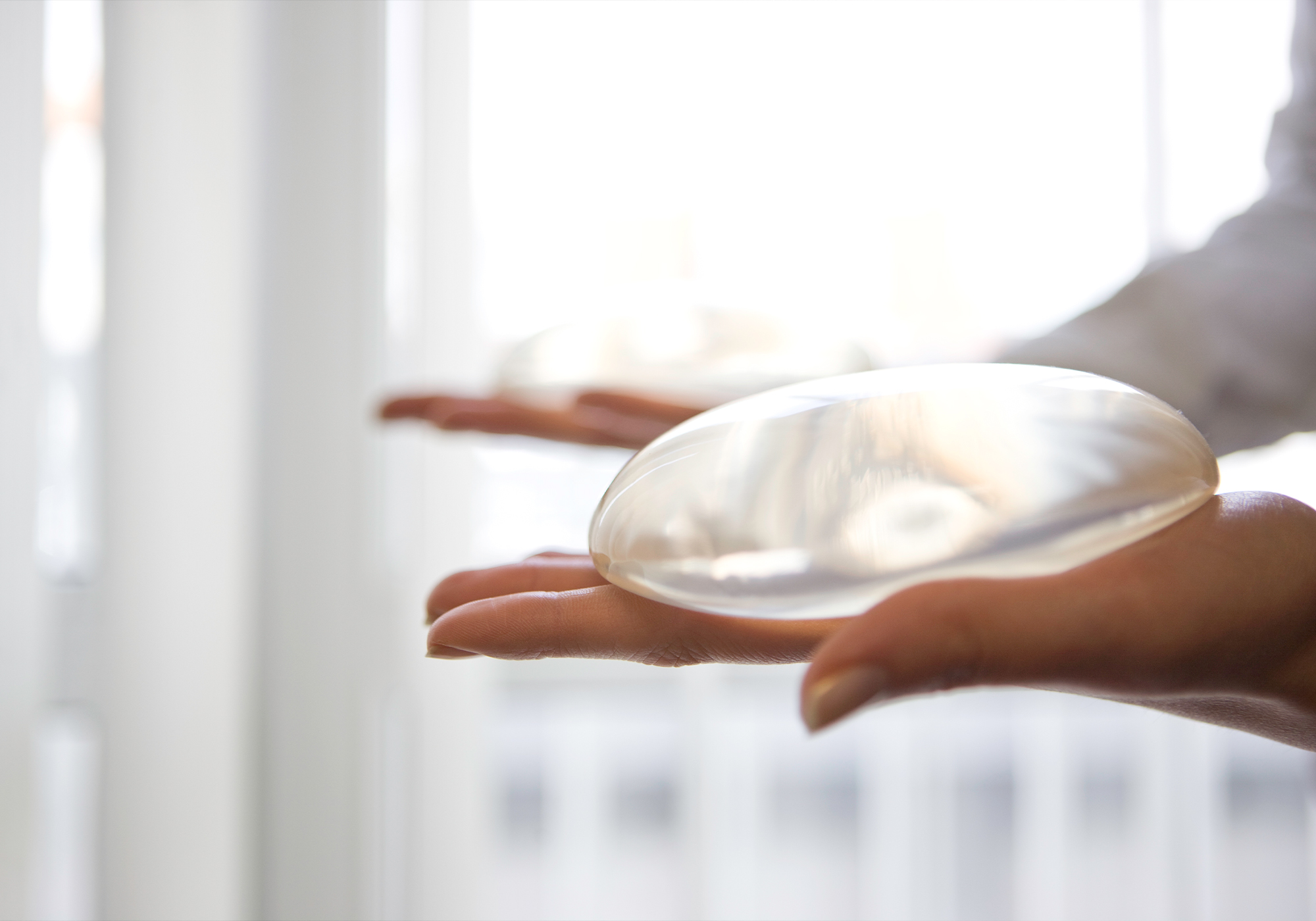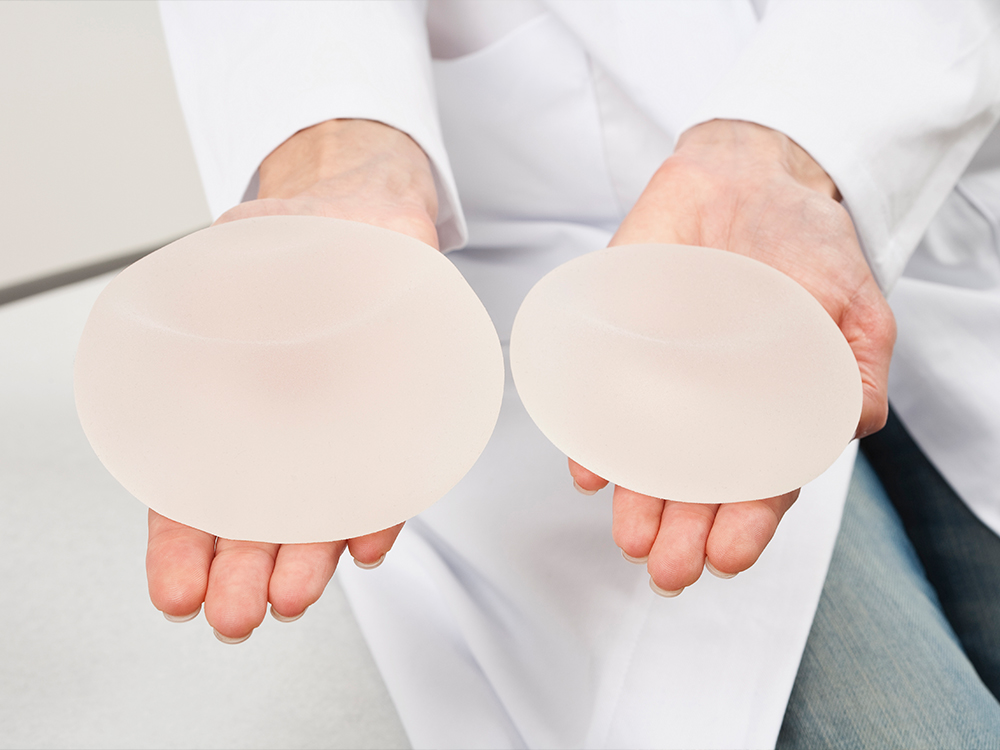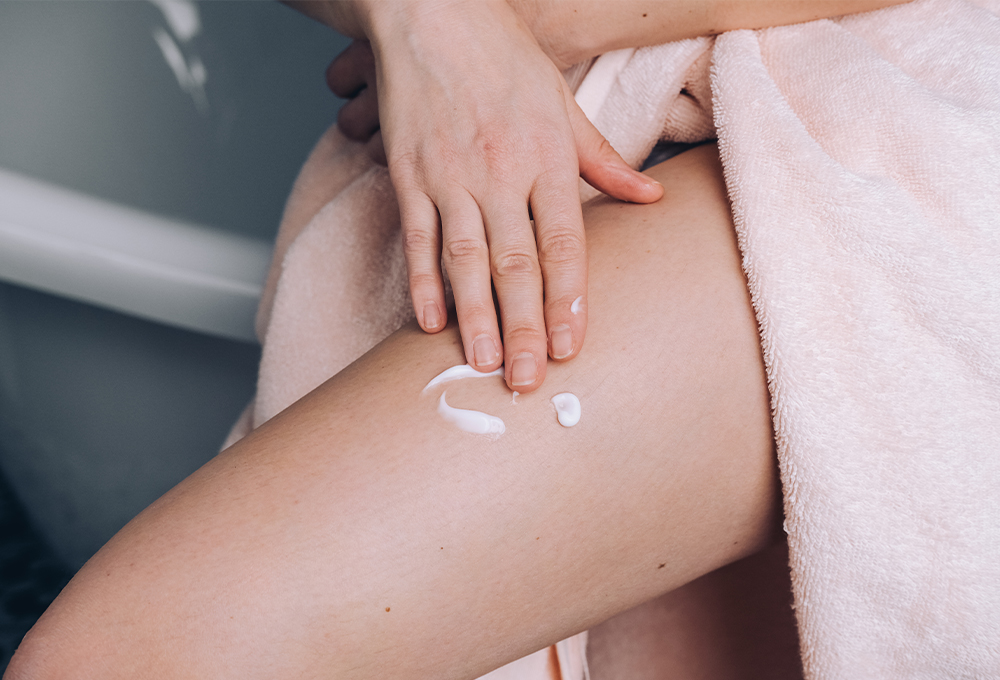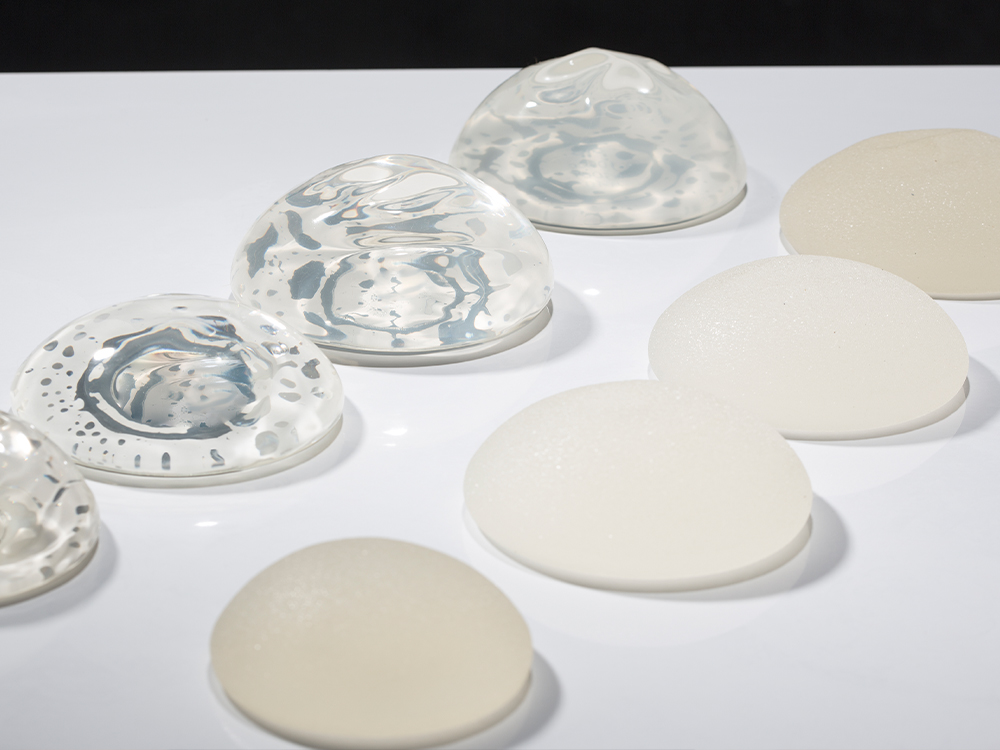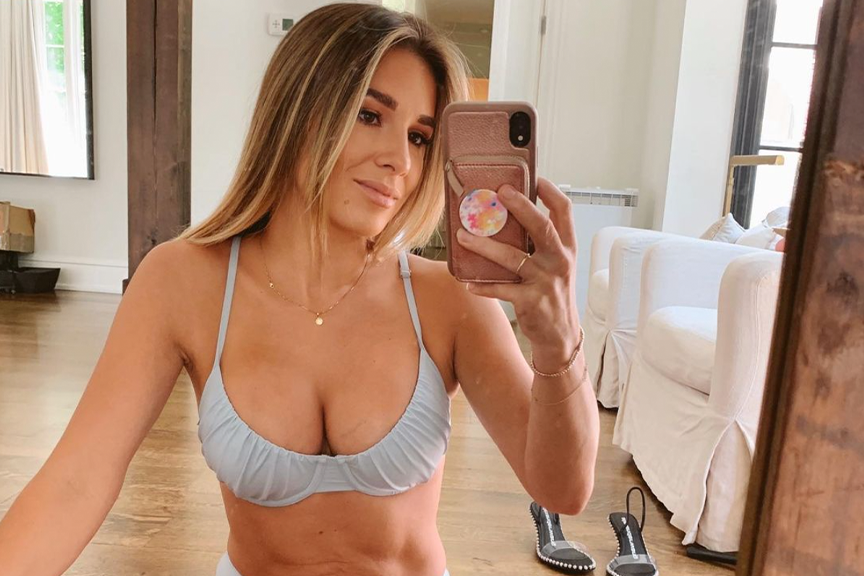When it comes to breast implant illness, it can be a difficult topic to navigate. Many physicians initially approached the issue by stating there wasn’t enough data to prove that implants were the main culprits for the myriad of symptoms that some people experience after having a breast augmentation. Now, more studies have been done to explore the link between implants and breast implant illness (BII), including one by ASERF, a group that consists of The Aesthetic Society and The Aesthetic Surgery Education and Research Foundation. The study aimed to explain BII symptoms and point to potential causes and plastic surgeons say those who are suffering should take note of its key findings.
Symptoms should not be ignored
“For those with BII, the most important takeaway is that your symptoms are real and this is a treatable condition,” says New York plastic surgeon Brad Gandolfi, MD. The study found that 94 percent of patients saw their symptoms improve after implant removal. “If you are having trouble, you should see your surgeon. If your surgeon is unable to help, it is important to find someone that can.”
“We may not have any scientific evidence that implants are causing harm or capsules are causing harm,” says Louisville, KY plastic surgeon Chet Mays, MD. “However, I listen to my patients. I listened to the people that come into the office and say there is something bothering them. If there’s something I can do to make them feel better about themselves and I can do it safely, then I will do it.”
One type of implant removal isn’t better than another
A major point of debate within the BII community is whether a total en block capsulectomy is needed to alleviate symptoms. A typical capsulectomy involves creating an incision in the capsule and first removing the implant separately from the scar tissue. An en bloc capsulectomy removes the breast implant and the scar tissue without cutting into or opening the capsule. Some surgeons will stress that a total en bloc capsulectomy is necessary, but the study results say differently. “Patients can be barraged by unscientific opinions on social media, and by surgeons who may be taking advantage of their fears and their pocketbooks,” notes Wall Township, NJ plastic surgeon Caroline Glicksman, MD.
“Of those 94 percent who had at least partial symptom improvement after implant removal, that improvement was independent of whether all or only part of the capsule was removed,” explains St. Louis, MO plastic surgeon Patricia McGuire, MD. “This is important because these patients now have scientific data to show that it is likely they will have at least partial symptom improvement after implant removal, and that improvement may occur with a less invasive, less expensive procedure, which carries a lower risk.”
“It seems there’s no difference no matter what’s going on with the capsule,” adds La Jolla, CA plastic surgeon Robert Singer, MD. “So, for those who are saying you absolutely need a total en bloc capsulectomy, there is no scientific data that supports that.”
Further research is needed
A second part of the study looked to address claims that breast implants contain heavy metals that contribute to a patient’s symptoms. Capsules from BII patients and non-BII patients were analyzed as well as breast tissue from patients who’d never had an implant. Low levels of some heavy metals were detected in both the implant capsules from BII and non-BII patients as well as in normal breast tissue that was never exposed to any implants. Another part of the study sought to find out if there were any blood, tissue pathology or microbes differentiations that could be identified in women with systemic symptoms, however no significant differences were noted.
“There was another study done in the Netherlands to find changes in the brain of BII patients when compared to a control group of women who also had implants, but no symptoms,” says Eugene, OR plastic surgeon Mark Jewell, MD. “This is an important study, too, because it shows that there are no changes in the brain of BII patients caused by their symptoms. I think that the sum of these studies points to a ‘nocebo effect’ that is reinforced by social media, BII websites, and explant surgeons.”
